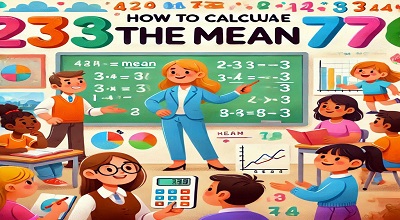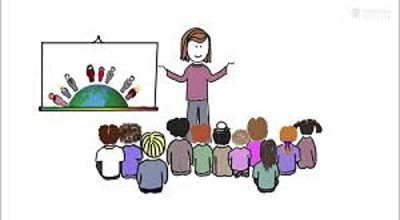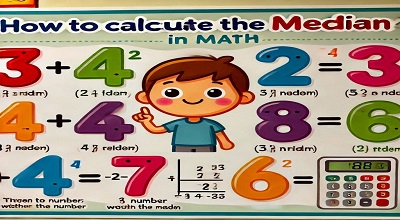Collaborate With Parents
Collaborating with parents is a crucial aspect of a child’s educational journey, and understanding their distinct personality types can greatly enhance this collaboration. Here’s how educators can effectively collaborate with parents exhibiting five distinct personality types:
The Engaged Advocate:
- Characteristics: These parents are highly involved in their child’s education, regularly attending meetings, volunteering, and advocating for their child’s needs.
- Collaboration Approach: Acknowledge and appreciate their involvement. Provide opportunities for them to actively participate in decision-making processes, such as parent-teacher conferences or school committees. Regularly communicate updates on their child’s progress and involve them in goal-setting discussions.
The Concerned Protector:
- Characteristics: These parents are often anxious about their child’s well-being and academic performance, and they may be skeptical of authority figures.
- Collaboration Approach: Build trust by actively listening to their concerns and empathizing with their perspective. Provide regular updates on their child’s progress and offer resources or strategies to address any challenges. Collaborate on setting realistic goals and reassure them of your commitment to their child’s success.
The Busy Professional:
- Characteristics: These parents have demanding work schedules and limited availability for school-related activities.
- Collaboration Approach: Offer flexible communication options such as email, phone calls, or virtual meetings to accommodate their busy schedules. Provide concise updates on their child’s progress and offer resources that they can access at their convenience. Prioritize key information and streamline communication to respect their time constraints.
The Disengaged Observer:
- Characteristics: These parents may be uninvolved or disinterested in their child’s education due to personal reasons or lack of awareness.
- Collaboration Approach: Reach out proactively to establish communication and express the importance of parental involvement in education. Offer opportunities for them to become more engaged, such as parent workshops or family events. Provide clear and accessible information about their child’s progress and encourage open dialogue to address any concerns or barriers to involvement.
The Helicopter Parent:
- Characteristics: These parents tend to be overly involved in their child’s education, often micromanaging and advocating excessively on their behalf.
- Collaboration Approach: Set boundaries and establish clear communication channels to maintain a healthy balance between parental involvement and professional autonomy. Encourage them to trust in their child’s ability to navigate challenges independently while still offering support and guidance. Foster open dialogue to address any concerns or anxieties driving their helicopter behavior and emphasize the importance of fostering independence and resilience in their child.
By recognizing and adapting to these distinct personality types, educators can foster positive and productive collaborations with parents, ultimately benefiting the academic and personal development of the child.





